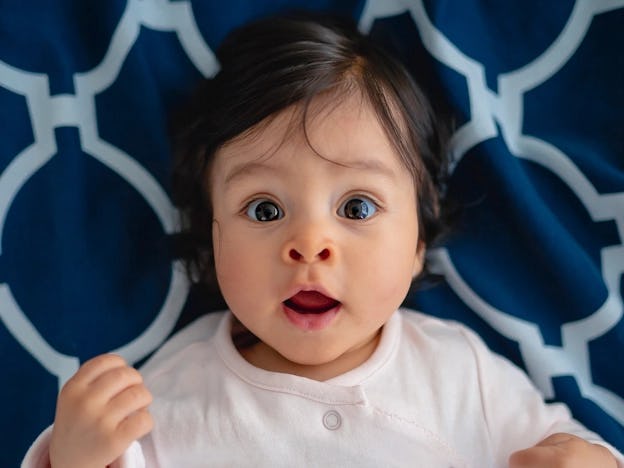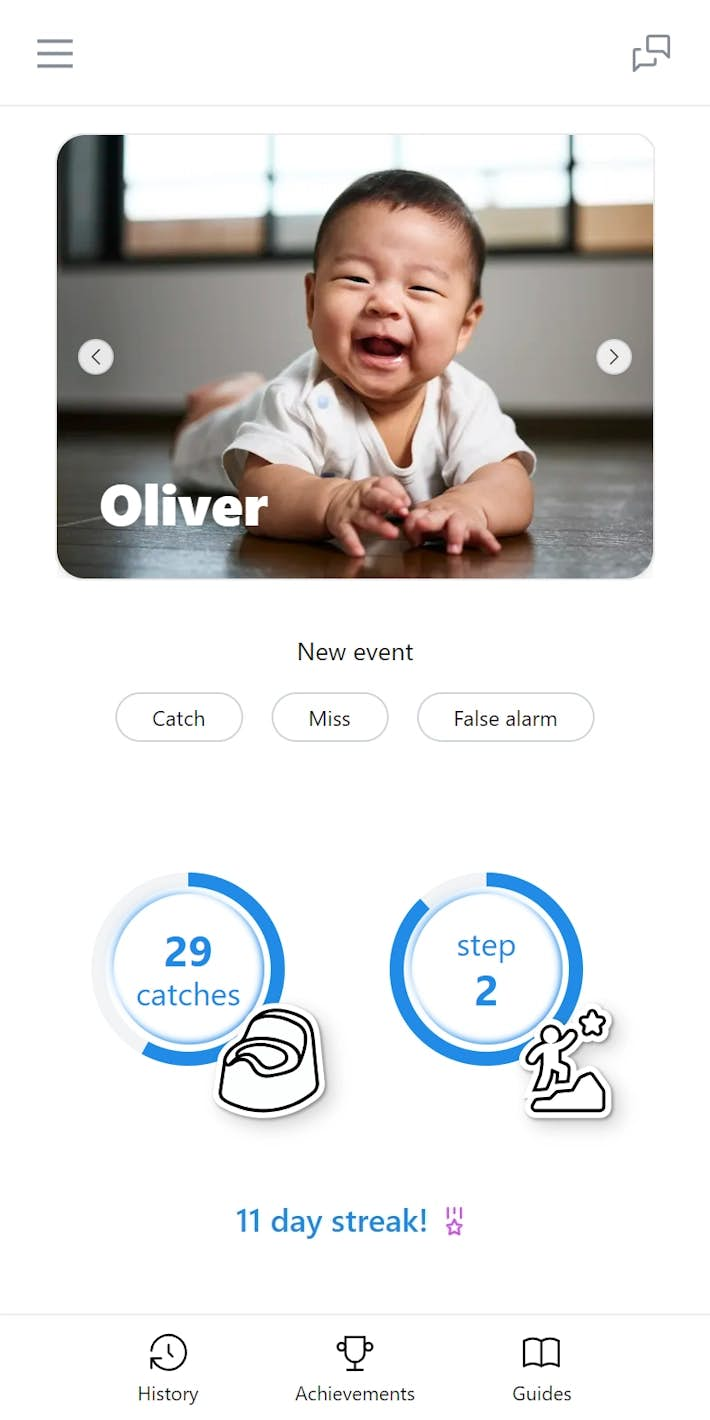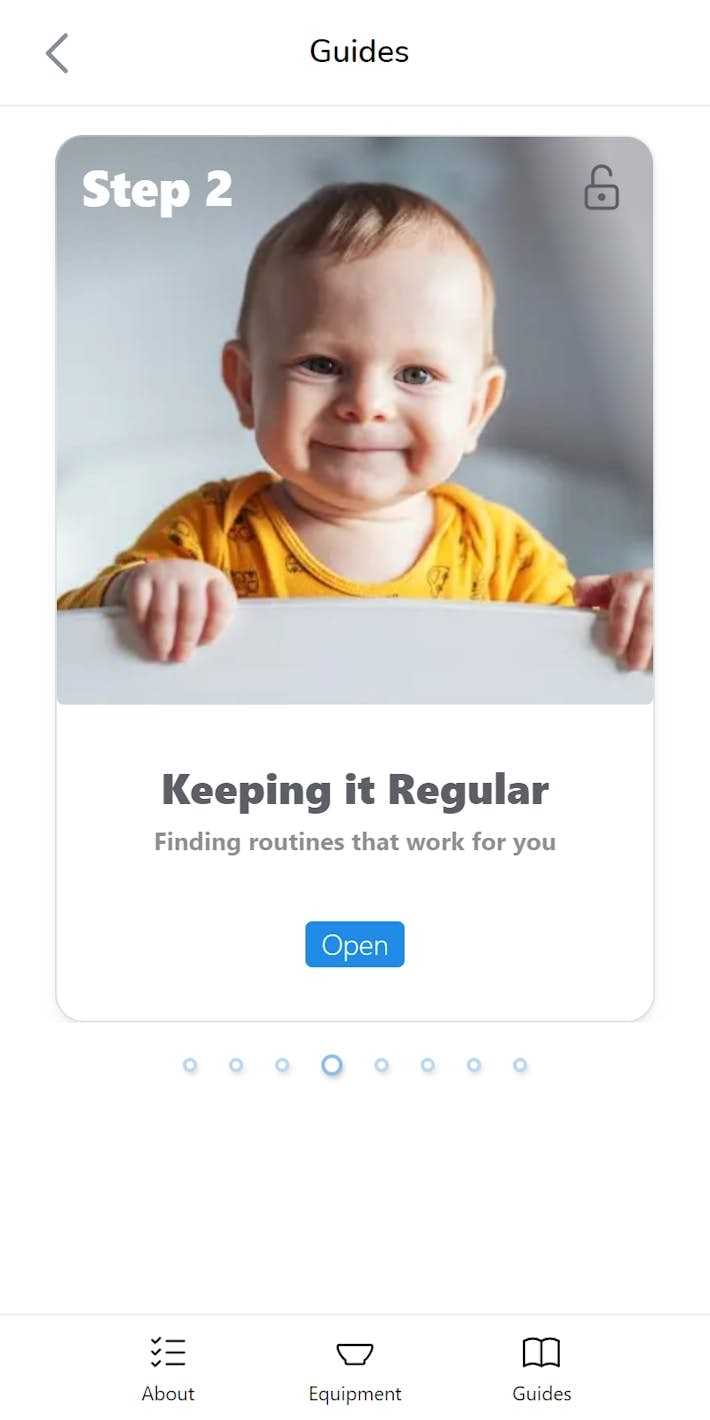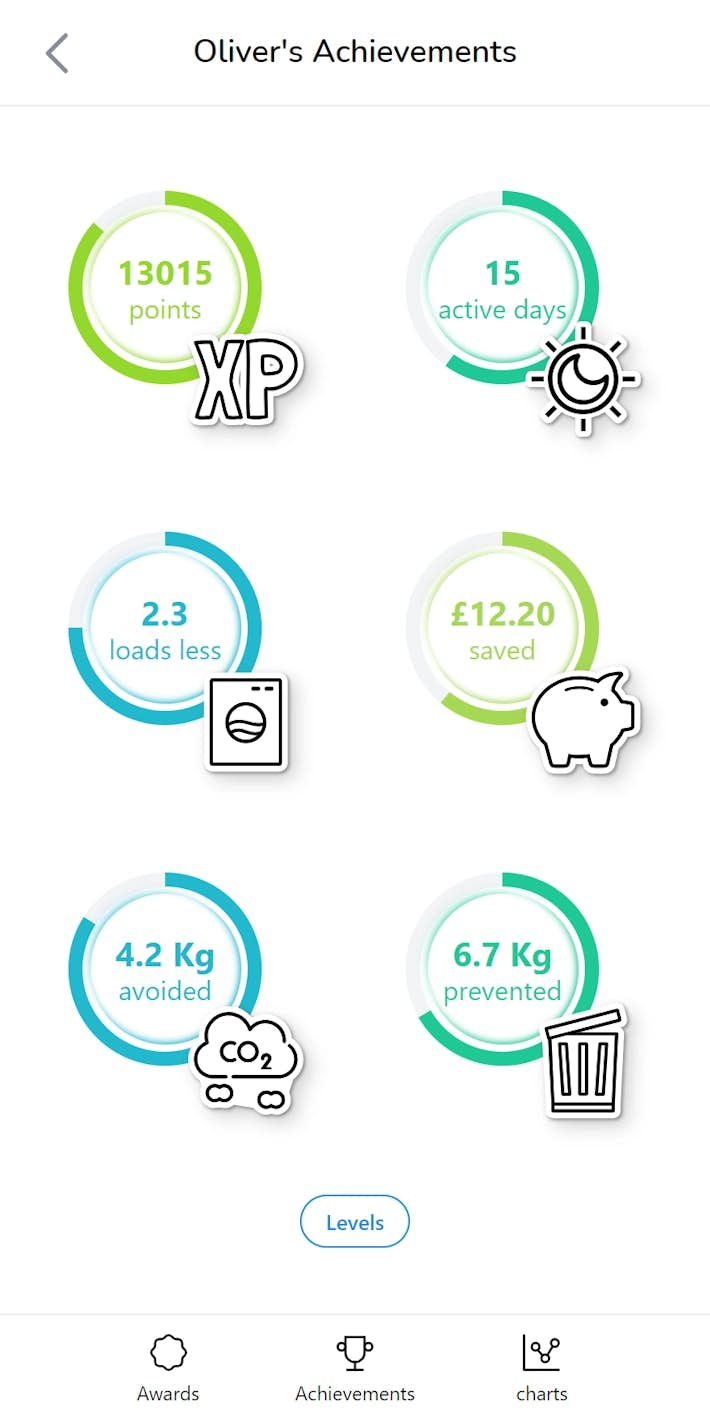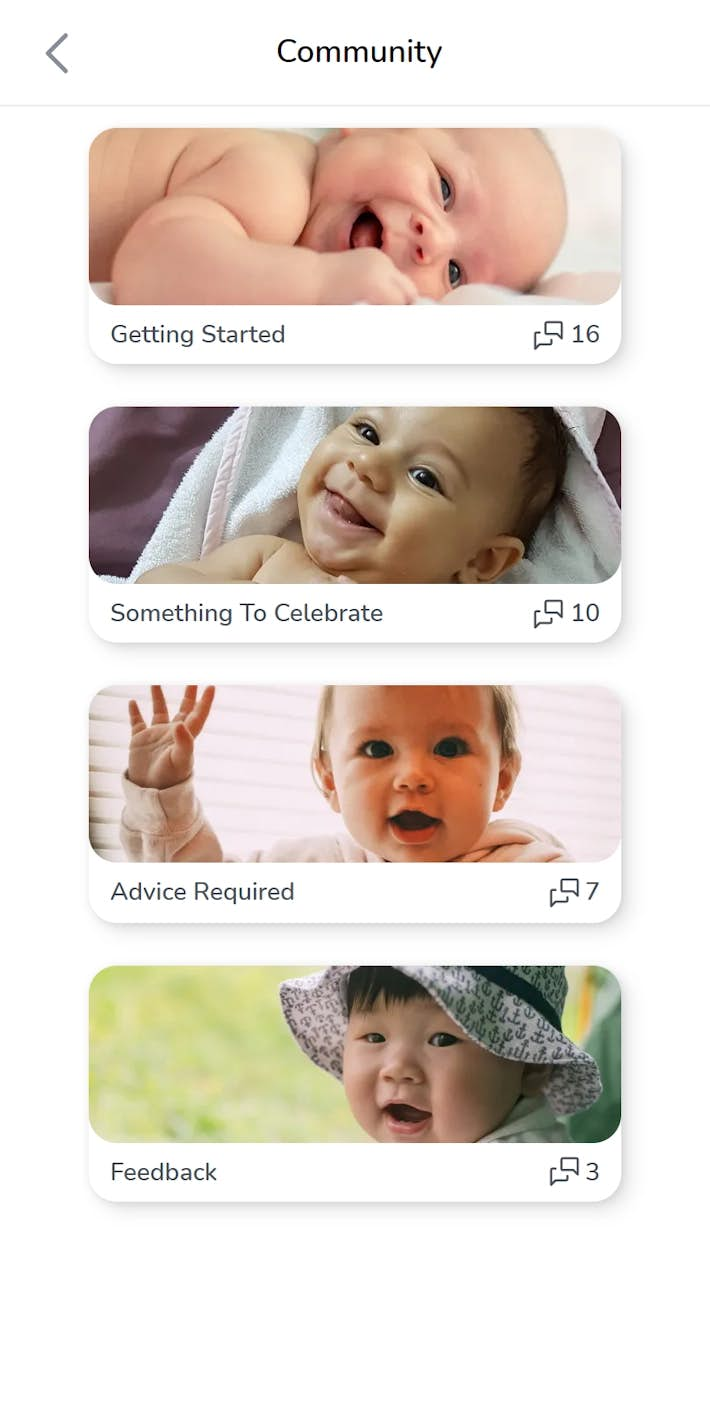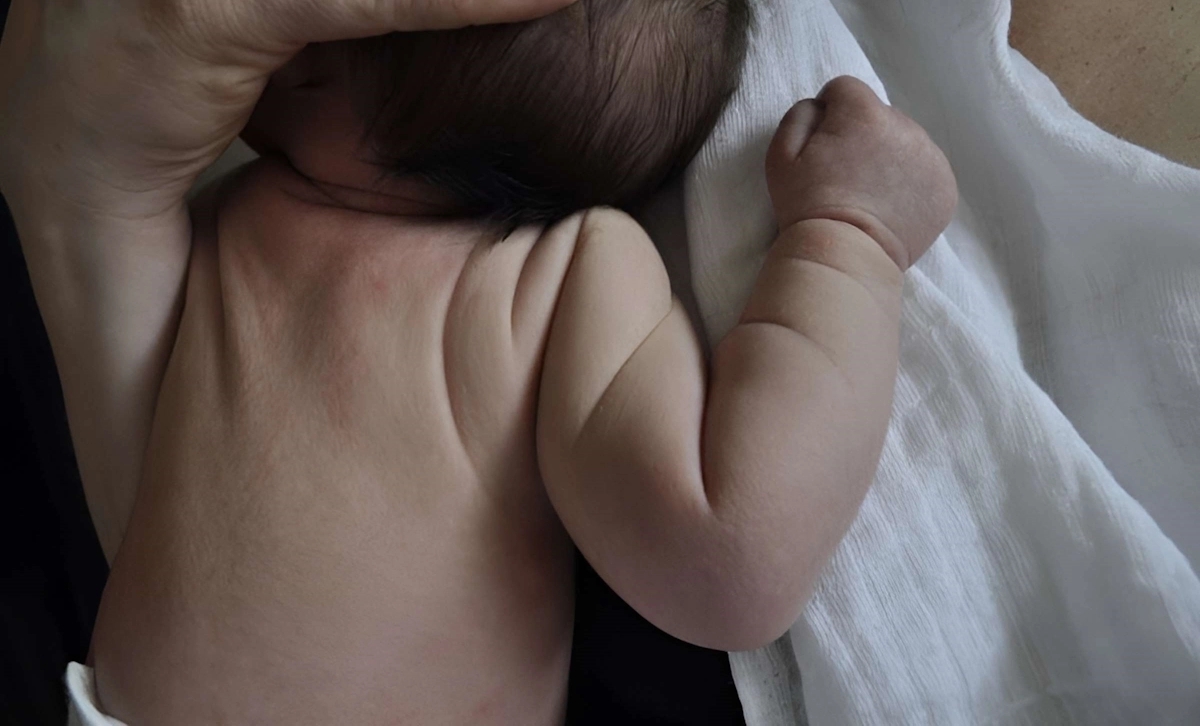
Did you know...?
In cultures around the world, parents use elimination communication (EC) to assist their babies with toileting from the first weeks or months of life.
Many children taught from this age develop continence and the ability to communicate their toileting needs by between twelve and eighteen months of age.
ec babies will show you how you can help your child to do the same.
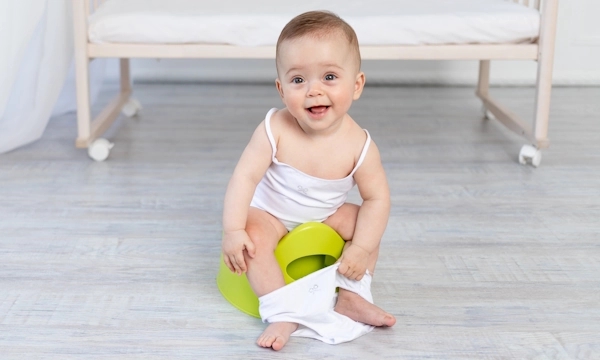
App
The ec babies' app is home to a set of guides to help you get started and grow in confidence with EC.
It's also used to create child profiles and record events.
Events are a baby's toileting actions; a few clicks capture enough information to measure current progress and set goals.
Additional carers can be added to a child's profile. They can get involved with EC and record events that happen while baby is in their care.
Everyone is welcome in the community area; it's a place to share experiences and support each other.
Step by step
The ideal time to begin is between birth and seven months. During this period babies learn in a unique way, they begin to construct mental models based on the sensations they feel and the sequences of events they experience.
Starting later might be challenging because by this time babies will have begun to expect a routine of relieving themselves into a nappy and receiving a change later.
It might also be difficult to introduce the tipper to older babies as something more than just another toy.
Drop us a line if you have any questions.
P
1
2
3
4
5
Success and impact
cleaner nappies, and more...
Whatever your motivation, you'll find a counter to illustrate achievements and inspire progress.
Selected: Co2 avoided
1.0 Kg
avoided
What's included?
Features and benefits you'll experience with ec babies.
Social & Environmental Benefits
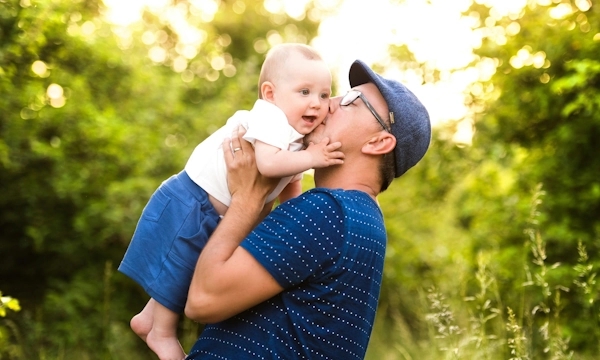
It's no secret that making, washing and disposing of nappies uses a staggering amount of natural resources and energy, and produces huge volumes of waste.
Potty training earlier means less dirty nappies and therefore a reduced environmental impact, amazing. But the benefits of EC don't stop there.
Studies have shown that children that are assisted with toileting from the first few months of life develop more complete bladder emptying. This in turn reduces their risks of experiencing urinary tract infections.
Other studies have shown that babies that begin toilet training before 6 months are least likely to develop childhood bladder and bowel problems such as incontinence or problematic constipation.
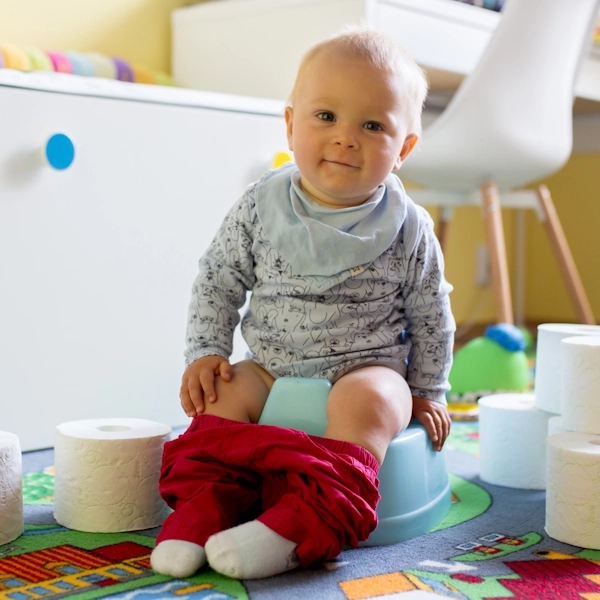
So why, as a society, are we delaying toilet training? There's no single answer, but it's fair to say that corporate advertising including use of professional influencers plays a part. It works hard to normalise ever bigger babies still in diapers.
ec babies wants to buck this trend and normalise helping babies learn healthy toileting through early assistance.
We are keen to work with others to achieve this. Please get in touch if you would like to collaborate.
Frequently asked questions
